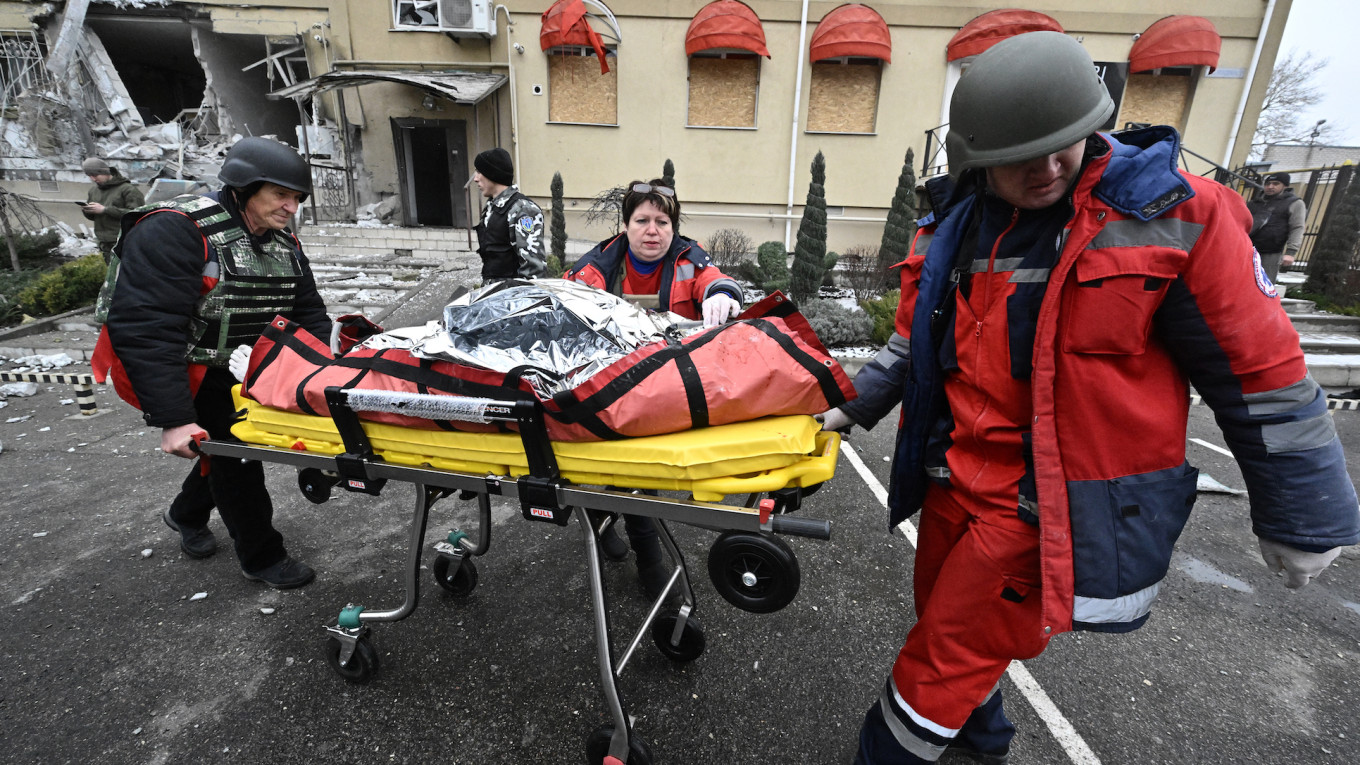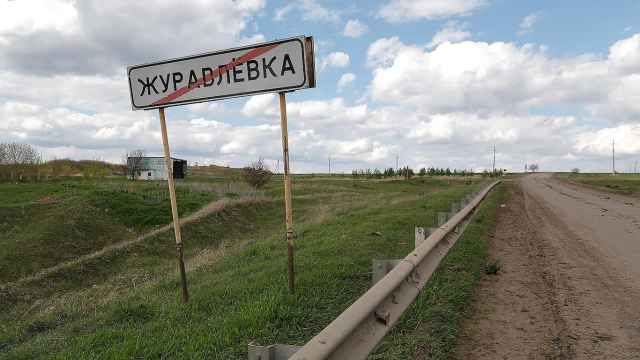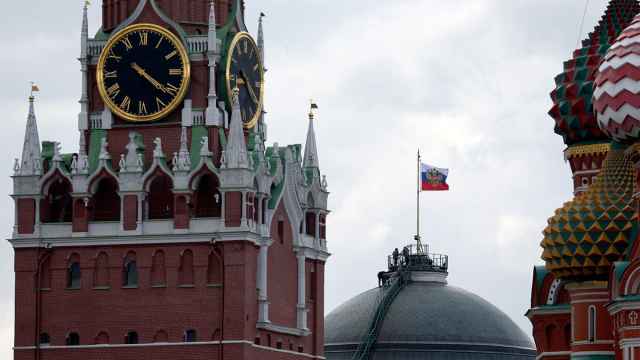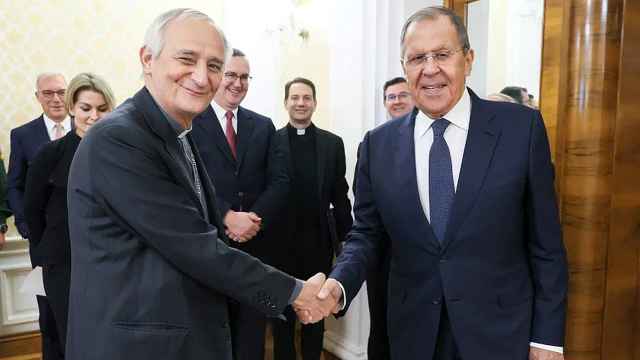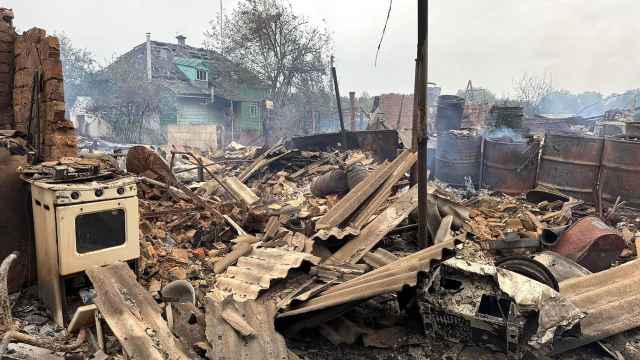Russian shelling of Ukraine's southern city of Kherson left at least three people dead on Sunday, President Volodymyr Zelensky said, while a strike on Kharkiv killed one person, according to the regional governor.
"Today, the Russian army has been shelling Kherson atrociously all day," Zelensky said in his evening address.
"Two women, nurses, were wounded in the hospital. As of now, there are reports of six wounded and three dead."
The front in southern Ukraine has been considerably quieter recently than in the east, with Moscow withdrawing from Kherson city in November last year.
But the key city and regional capital is still subject to frequent shelling.
In eastern Kharkiv, the second-largest city in Ukraine, the governor of the regional military administration said a Russian strike hit "a four-story residential building."
"Three victims received minor injuries. Unfortunately, an elderly woman died ... The building was partially destroyed," Oleh Synehubov said on Telegram.
In the Zaporizhzhia region of southern Ukraine, where fighting intensified in recent days after several months of a stagnant front, Moscow-appointed officials said Kyiv struck a railway bridge, killing four people.
Ukraine on Sunday carried out an "attack from a HIMARS multiple rocket launcher on a railway bridge across the Molochnaya river," the Russian-installed head of the region, Yevgeny Balitsky, wrote on social media.
"Four people from the railways brigade were killed, five were injured," Balitsky added.
The bridge is in a village north of the Russian-controlled city of Melitopol and was undergoing repairs, according to Balitsky.
Russia claims to have annexed the Zaporizhzhia and Kherson regions along with two other Ukrainian regions in the east, but does not fully control these territories.
A Message from The Moscow Times:
Dear readers,
We are facing unprecedented challenges. Russia's Prosecutor General's Office has designated The Moscow Times as an "undesirable" organization, criminalizing our work and putting our staff at risk of prosecution. This follows our earlier unjust labeling as a "foreign agent."
These actions are direct attempts to silence independent journalism in Russia. The authorities claim our work "discredits the decisions of the Russian leadership." We see things differently: we strive to provide accurate, unbiased reporting on Russia.
We, the journalists of The Moscow Times, refuse to be silenced. But to continue our work, we need your help.
Your support, no matter how small, makes a world of difference. If you can, please support us monthly starting from just $2. It's quick to set up, and every contribution makes a significant impact.
By supporting The Moscow Times, you're defending open, independent journalism in the face of repression. Thank you for standing with us.
Remind me later.


